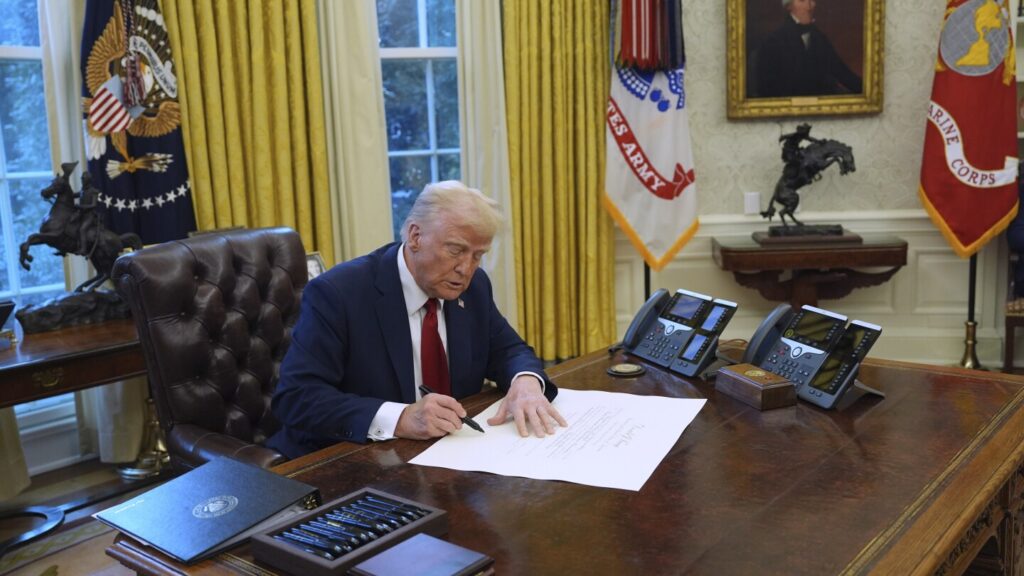President Donald Trump has announced plans to introduce a new “gold card” visa program that offers a path to citizenship for wealthy investors willing to invest $5 million. This initiative aims to replace the existing EB-5 visa program, which was created in 1990 to attract foreign investment by requiring a $1 million investment in a company that employs at least 10 people. Commerce Secretary Howard Lutnick stated that the new “Trump Gold Card” program would address issues of fraud and inefficiencies associated with the EB-5 visas.
The proposed gold card, which grants permanent legal residency, is expected to attract affluent individuals to invest in the United States. Approximately 8,000 investor visas were issued in the previous year, highlighting the demand for such programs globally. Countries like the United States, United Kingdom, Spain, Greece, and others offer similar investor visa programs to attract wealthy individuals.
While details on job creation requirements were not specified by Trump, he suggested that selling millions of “gold cards” could potentially reduce the federal deficit. The program is positioned as a pathway to citizenship for individuals of wealth or talent, with companies potentially sponsoring individuals for long-term residency in the country. Despite Congress typically setting citizenship qualifications, Trump indicated that the gold card program would not require congressional approval.
The proposal has sparked discussions on the potential economic impact and the broader implications of offering citizenship to wealthy investors. Trump’s vision for the “gold card” program reflects a strategic approach to attracting foreign investment and talent to the United States.

